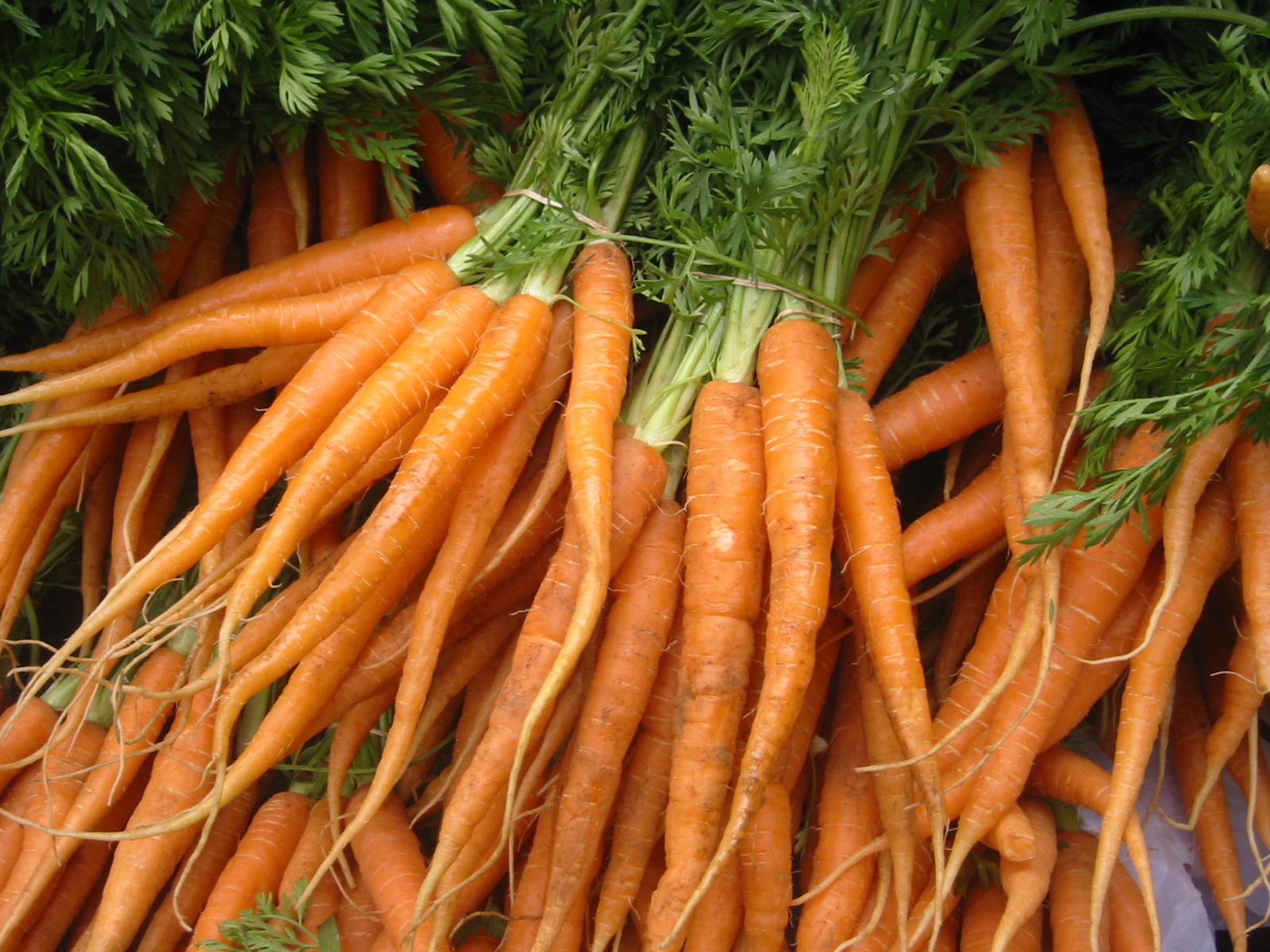If you bought your radishes fresh from a Brooklyn urban farmer this morning, you may want to think twice before dicing them up for dinner. A new study found that vegetables and herbs grown in New York City have massive levels of lead and other toxic metals.
The study, compiled by researchers at Cornell at the New York State Center for Environmental Health, tested soil at seven plots in New York City, and found five had excessive and unsafe level of toxic metals. Gulp.
Root vegetables showed the highest level of toxicity, so the state Health Department is cautioning gardeners to put a halt on growing them until they can assess soil lead levels. And root veggies aren’t the only danger to public health: Herbs like dried thyme and basil contained 11 and 18 parts per million of lead, respectively.
If you’re still gnawing happily on that carrot, thinking, “Ahh, well, what’s a little lead?! Nothing my rock-hard immune system can’t handle,” consider this from the New York Post:
In the study, scientists used safety levels set by the European Union for lead and cadmium, since the United States doesn’t set a threshold for veggies.
Once in the body, lead can remain for 30 years, causing permanent learning disabilities, behavioral issues, hearing problems, heart disease, kidney disease, schizophrenia, Alzheimer’s and death.
Children, pregnant women and sick people are most vulnerable to lead poisoning, experts said.
We’ll add, too, that lead ingestion and exposure has been positively associated with lower IQ levels and higher crime rates. And if that didn’t make you finally punt those carrots out the window, the Post also reported that lead levels have been high in New York City gardens for some time now.
A previous soil study by the same researchers found lead levels above federal soil guidelines at 24 of 54 city gardens, or 44 percent of the total, and overall toxic soil at 38 gardens — 70 percent of the total.
This is an issue that can be addressed with clean soil and compost, and we can all thank the New York Parks Department for requiring all the gardens involved with the study to order in toxin-free soil and compost. You can look forward to all the lead-free sage and potatoes your heart desires, New Yorkers, as long as you check if the garden’s soil has been tested. If nothing else, do it for the SAT scores of your future children.
We wanted to find out more about the Cornell study and what consumers and gardeners can do to keep themselves safe, you can read what we found out here.



